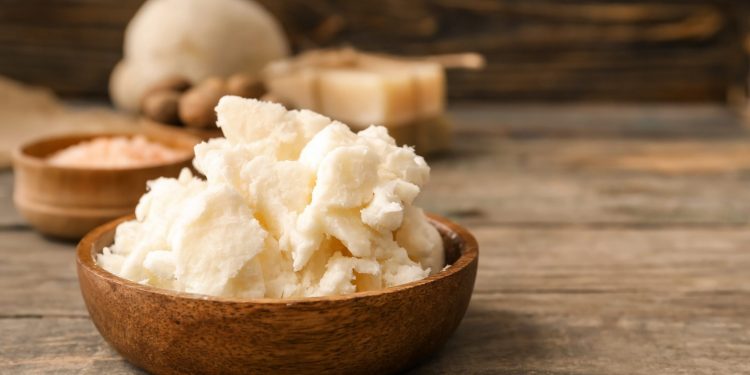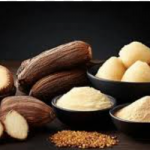President Bola Tinubu has ordered a six-month ban on raw shea nut exports to strengthen local processing and create opportunities for Nigerian small and medium-sized enterprises (SMEs).
Vice President Kashim Shettima announced the directive at a multi-stakeholder meeting at the Presidential Villa. He said, “This is not an anti-trade policy but a pro-value addition policy designed to secure raw materials for our processing factories and enabling industries run at full capacity, thereby boosting rural income and jobs for our people. It will transform Nigeria from an exporter of raw shea nut to a global supplier of refined shea butter, oil and other derivatives. This is about industrialisation, rural transformation, gender empowerment and expanding Nigeria’s global trade footprint.”
Nigeria produces nearly 40 per cent of global shea products but accounts for only 1 per cent of the $6.5 billion international market.
The ban is expected to generate at least $300 million annually in the short term, with potential for a tenfold increase by 2027. Efforts are also underway to secure access for Nigerian shea products in Brazil within three months.
Minister of Agriculture Abubakar Kyari said, “Over 90 per cent of shea pickers and processors are women. By protecting domestic supply and encouraging value addition, we are creating real opportunities for female entrepreneurs and rural livelihoods.” With domestic factories operating below capacity, SMEs now have a chance to scale operations, develop value-added products, and participate in high-value local and international markets.










